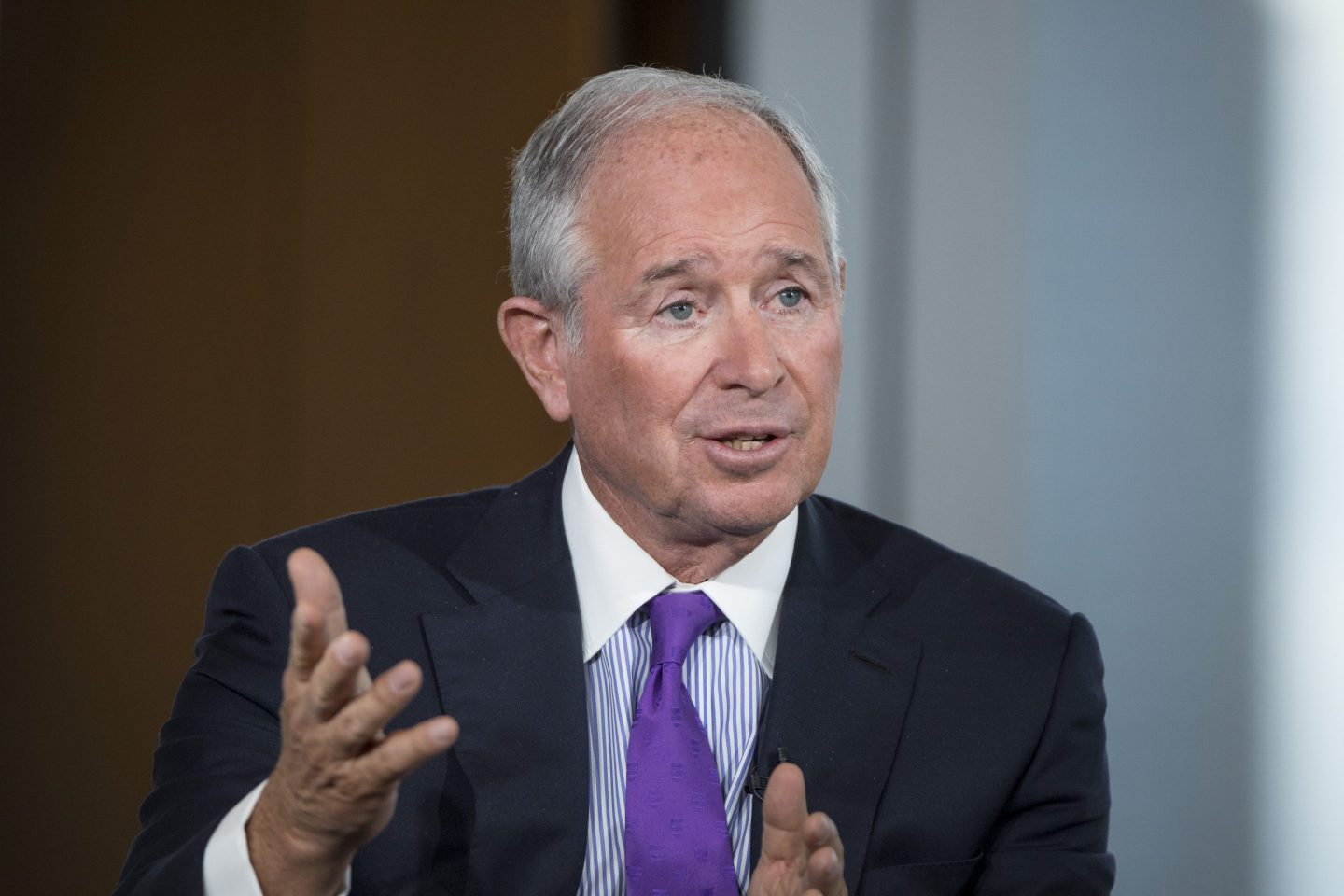As Gen Z awaits its share of the $124 trillion Great Wealth Transfer from their baby boomer relatives, the generation’s financial footing is being put to the test.
Typically, younger consumers see the fastest year-over-year gains in credit scores as they build their financial histories. But this year, the opposite happened: Gen Z just experienced the steepest annual drop of any age group since 2020, with their average FICO credit score slipping three points to 676. That’s 39 points lower than the national average of 715, according to a new FICO report.
The decline is a “red flag,” said Erin Stillwell, head of payments at Globant—not only for young consumers, but for the health of the broader credit market.
“Today’s young adults borrow just to reach baseline stability, not luxury,” she told Fortune. “The decline reflects a generation building financial identity in a system that rewards stability but gives volatility.”
And that volatility is piling up. Gen Z is more likely to feel the sting of stubborn inflation and high interest rates. With less time to build savings, invest in the stock market, or benefit from home appreciation, they’re already on shakier financial ground than their older counterparts. Add in the return of student loan payments and the rise of “doomspending”—the impulse to spend as a way with financial anxiety—and it’s become a perfect storm.
“Compared to past generations, Gen Z’s financial fragility isn’t just cyclical—it’s structural,” added Stillwell. “Gen Z is the first cohort facing high inflation, digital credit, and social-media-driven consumption pressure simultaneously.”
The long-term financial ‘snowball’ that could trap Gen Z
While it’s not uncommon for credit scores to ebb and flow—especially amid major shifts like the return of student loan payments—the current downturn could have lasting consequences if spending and repayment habits don’t change.
“I really was so disheartened when the information came out that Gen Z, the generation that is coming up, [that is supposed] to essentially help our country move in the way that it’s supposed to move… saw this catastrophic drop,” credit expert Micah Smith told Fox Business. “Once the credit scores drop, it’s like this snowball effect. Because what it does is, it impacts everything you do moving forward.”
A lower credit score can make it harder to qualify for credit cards or loans, push up borrowing costs, or even affect car insurance or apartment applications. Over time, that can trap young adults in a cycle of debt and missed opportunities to grow their financial futures—from starting a business to buying a home.
Homeownership in particular, long considered a cornerstone of the American Dream, is already slipping further out of reach. Gen Zers now carry more than $94,000 in personal debt on average, a Newsweek poll showed—far more than millennials’ roughly $60,000 or Gen X’s $53,000. With rent prices still high across much of the country, saving for a down payment can feel nearly impossible.
“It’s not just an individual issue—it’s a societal one,” Stillwell said. “A generation unable to build financial stability translates into lower economic dynamism and weaker household formation.”
Still, she said there’s room for optimism—especially if Gen Z treats their financial health just how they treat their body’s wellbeing: “Forgive yourself for early mistakes, but learn from them fast.”
“Financial resilience isn’t perfection; it’s iteration,” Stillwell said.













